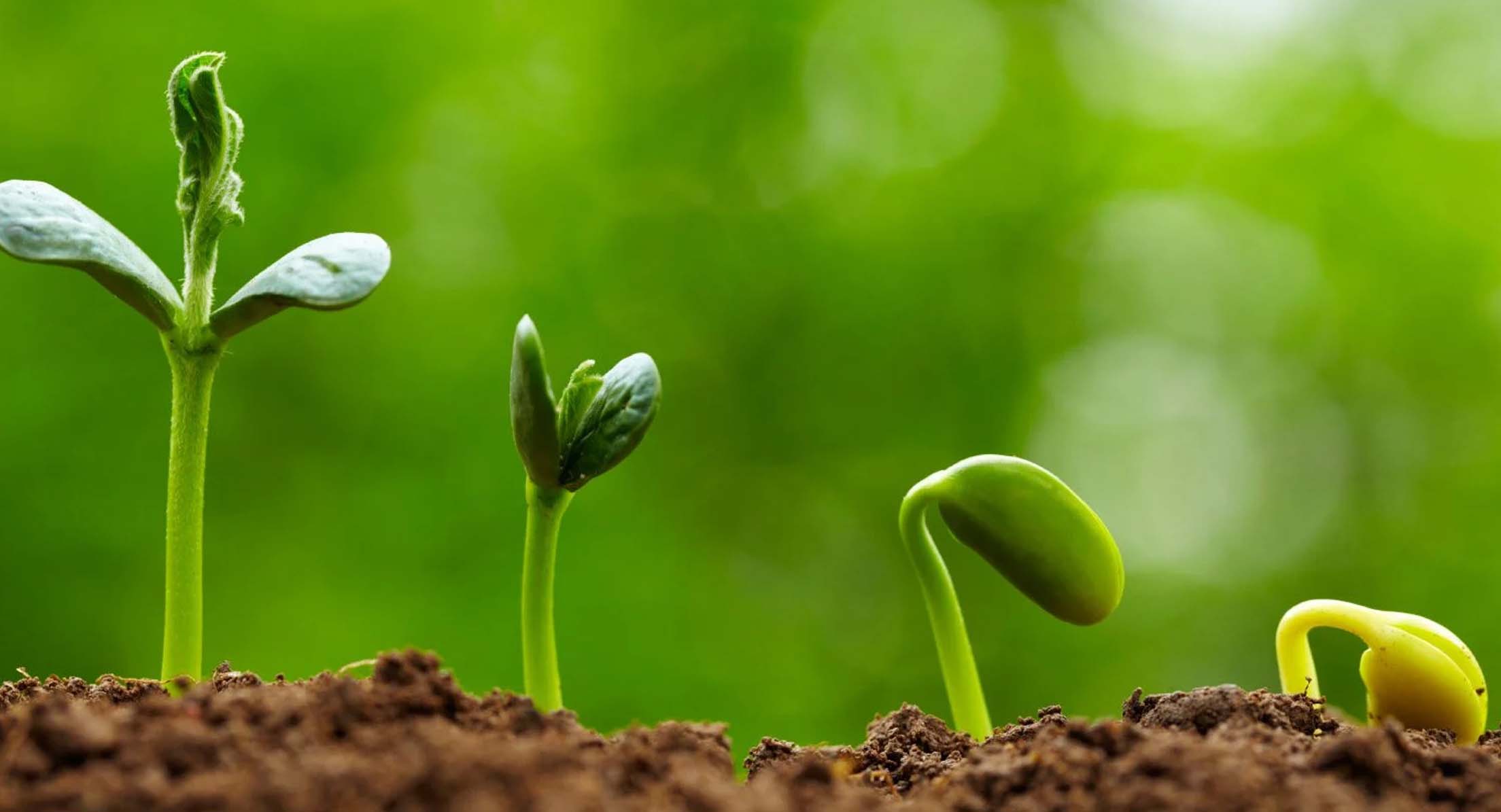But do this really affect? There has been number of opinions on this. However, given the growing concern of subfecundity and infertility in public health makes us to think about this.
On an average, a cup of coffee contains about 100mg of caffeine, but it can change depending on type of coffee beans used and how the coffee is prepared.
According to food standards Australia and New Zealand2, here is the caffeine content of some food and drinks –
| Food | Caffeine content |
| Espresso | 145 mg/50 mL cup |
| Formulated caffeinated beverages or ‘ Energy’ Drinks | 80 mg/250 mL can |
| Instant coffee (1 teaspoon/cup) | 80 mg/250 mL cup |
| Black tea | 50 mg/250 mL cup |
| Coca Cola | 48.75 mg/375 mL can |
| Milk chocolate | 10 mg/50g bar |
In the human body, caffeine affects the various physiological processes. It alters the blood levels of catecholamines and increases intracellular concentration of cyclic AMP. It is believed to affect reproductive system through changes in endogenous hormone levels that in turn effects on ovarian function/s1. A study conducted from 2005 – 2007 in United Sates has found numerous associations between caffeine intake and reproductive hormone levels3. The reason stated behind this is the common metabolism pathway of caffeine and estradiol (reproductive hormone). These both are metabolized by the hepatic enzyme CYP1A, so possibly this pathway can lead caffeine to interfere with estradiol levels. Also, another responsible factor is the increased affinity of compounds such as isoflavonoids, (which are numerously present in coffee) for oestrogen receptors. Consequently, change/s in hormone levels might impact on the menstrual cycle. However, according to the studies published in Journal of Caffeine Research in 2011 states no effect of caffeine intake on men and women receiving fertility treatment/s4, whereas some studies has seen the caffeine intake association on hCG and oestrogen5. Considering this, there is still a need for further studies to investigate the caffeine consumption and natural fertility.
